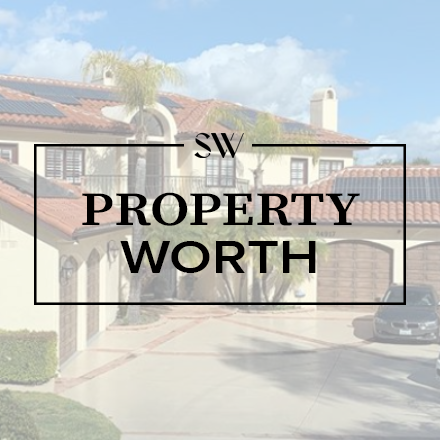WHAT YOU’LL LEARN
- Homeownership is a financial commitment, pre- and post-purchase
- Buying may make sense if you plan to stay in your home for at least five to seven years
- The math behind renting vs. buying
Buying a home is a big financial investment – perhaps the biggest one you’ll make in your life. Be sure to do your homework and carefully evaluate how you want to live and how much you can comfortably afford.
Homeownership can be very rewarding if you are properly prepared, know what to expect, and make informed financial decisions.
Is buying a home right for you? It may make sense if you:
- Have reliable income, good credit, and documentation to verify your savings.
- Can afford at least a 3% down payment and related closing costs.
- Want a chance to build equity and be eligible for homeowner tax breaks and credits.
- Have the time and money required for home maintenance and improvement projects.
- Have an adequate cash reserve to withstand a loss of job, illness, or other financial setback.
- Are planning on staying in your home for at least five years.
Rent vs. Buy: Crunching the Numbers
The costs of renting or buying are varied, making it hard to tell which makes better financial sense. Use our Rent vs. Buy calculator to evaluate the costs as illustrated for Sally and Darren in the example below.
Sally and Darren want to know if it makes better financial sense to rent or buy given their current $1,400 rent payment. How much home can they buy knowing they can afford a $1,400 monthly mortgage payment and can make a 5% down payment?
THE SCENARIOS
| RENTAL SCENARIO | HOMEOWNERSHIP SCENARIO* |
|---|---|
| Monthly rent = $1,400 Monthly renter’s insurance = $10 Annual rent increase = 3.6% | Purchase price = $200,000 Down payment = 5% ($10,000) Annual property tax = $2,000 Annual homeowners insurance = $500 Annual home maintenance = $2,000 Mortgage rate = 4.5%* These inputs will result in a monthly mortgage payment around $1,400 when factoring in PMI |
We’ve also put in other assumptions and costs for Sally and Darren, including: a 3% home appreciation rate, a $1,500 origination charge, $1,000 for settlement services, 3% for selling costs, a 33.8% state and federal tax rate, and a savings rate of zero.
The Outcome
With this scenario, Sally and Darren will save $92,216 by buying instead of renting over a seven year period. If they stay in their home for 15 years, they will save $273,558. Over 30 years, they’ll save $887,450.
Armed with this knowledge, Sally and Darren are better prepared to answer the rent vs. buy question.
KEY TAKEAWAYS
- Homeownership is a long-term financial commitment
- Comparing the financial differences between renting and buying is complex. Use our calculator.
- Long-term, Sally and Darren would benefit financially from homeownership




